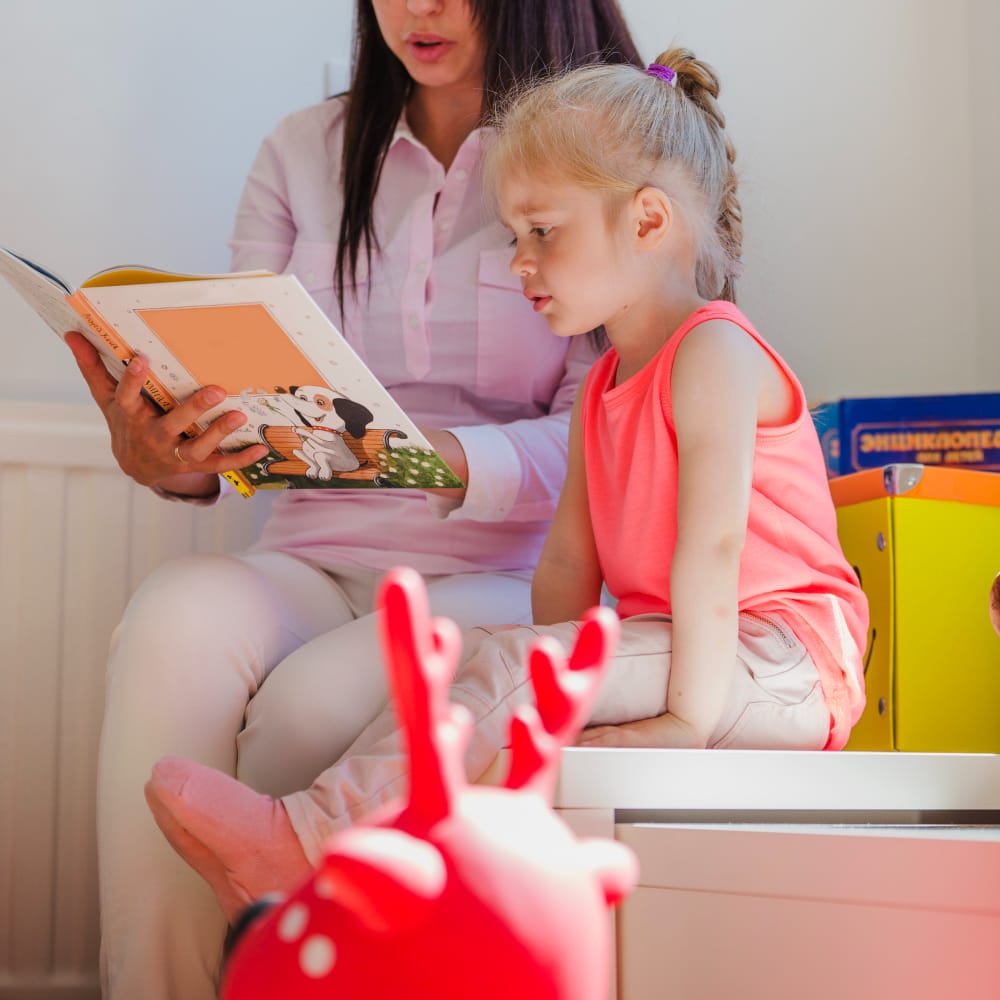When it comes to education, all children have difficulties at school from time to time. It’s normal for an otherwise bright child to, for example, struggle with math. It’s also normal for children to have difficult weeks or months, And this may not just affect their academics, but also how they behave and get on with others.
 However, if your child continues to struggle greatly and consistently in certain areas despite classroom accommodations, it would likely be valuable to seek out a professional educational assessment.
However, if your child continues to struggle greatly and consistently in certain areas despite classroom accommodations, it would likely be valuable to seek out a professional educational assessment.Signs that your child would benefit from an assessment:
- Becoming more and more negative about school
- Not wanting to go to school
- Behaving in a way that disrupts the class
- Not being able to understand and remember concepts taught
- Not getting on with classmates and peers
Often when we see children displaying disruptive behaviour at school but not at home. This is usually a sign that they have a learning disability rather than a behavioural issue. For instance, a child with an undiagnosed Language Disorder will often act out. But this is due to feeling confused, frustrated, or simply avoidance tactics to take the attention away from the fact that he is struggling.
What is an Educational Assessment?
Children are often referred to Educational Psychologists when they have behavioural, academic, or emotional difficulties. An educational assessment aims to help parents and teachers understand how the child functions. It does this by measuring their intellectual, cognitive, academic, and emotional development.
 The assessment helps to identify specific strengths and weaknesses. And then to put support and intervention in place to help the child learn best. The earlier learning difficulties are identified, the better. The earlier the intervention the greater the progress.
The assessment helps to identify specific strengths and weaknesses. And then to put support and intervention in place to help the child learn best. The earlier learning difficulties are identified, the better. The earlier the intervention the greater the progress.An educational assessment is the first step. It helps us put together a plan to help your child both at home and at school.
How Does an Educational Assessment Work?
An educational assessment typically begins with an interview with the parents. This is an important part of the process. As it helps the child psychologist to understand your child’s history and background. It gives a clearer picture of the reason for the assessment. It will also determine which types of tests should be used.
Next the assessment takes place. This can be a lengthy process. The psychologist will spend time with your child, doing various psychometric tests.
Following the completion of these sessions, the psychologist will write the report. It will explain the results of the psychometric tests. The finding are discussed with the parents in detail during a feedback session. And finally we give recommendations and resources.
For more information about the educational assessments or to book a consultation, contact Anel Annandale at 021 423 0739 or via email at anel@childpsych.co.za.




